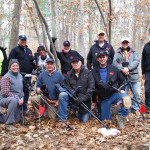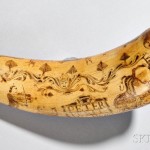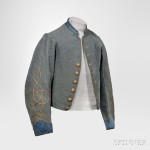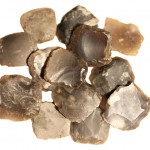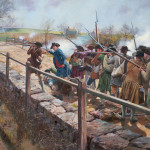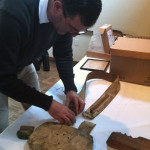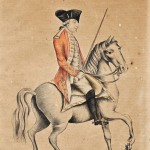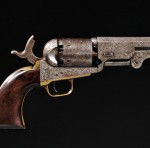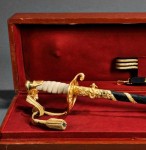
As a lifelong historian of the events of April 19th, 1775, I have been searching for related objects ever since I was quite young. One of those relics was the powder horn owned by Willard Buttrick, a member of Captain David Brown’s Concord Minute Company. I had read about the horn in a book published by the Town of Concord for the centennial celebration in 1875, although the printer had misspelled the name “William.” As a very important object from the fight that took place 100 years earlier, it was on display in the dinner tent for event visitors, the most distinguished being President Ulysses S.… Read More

